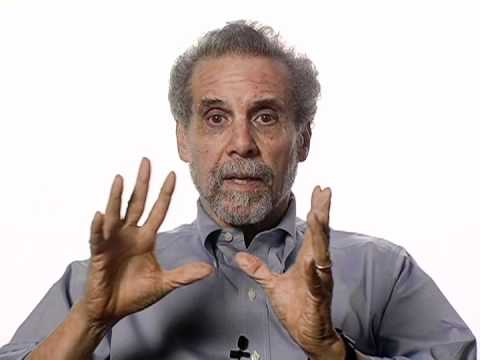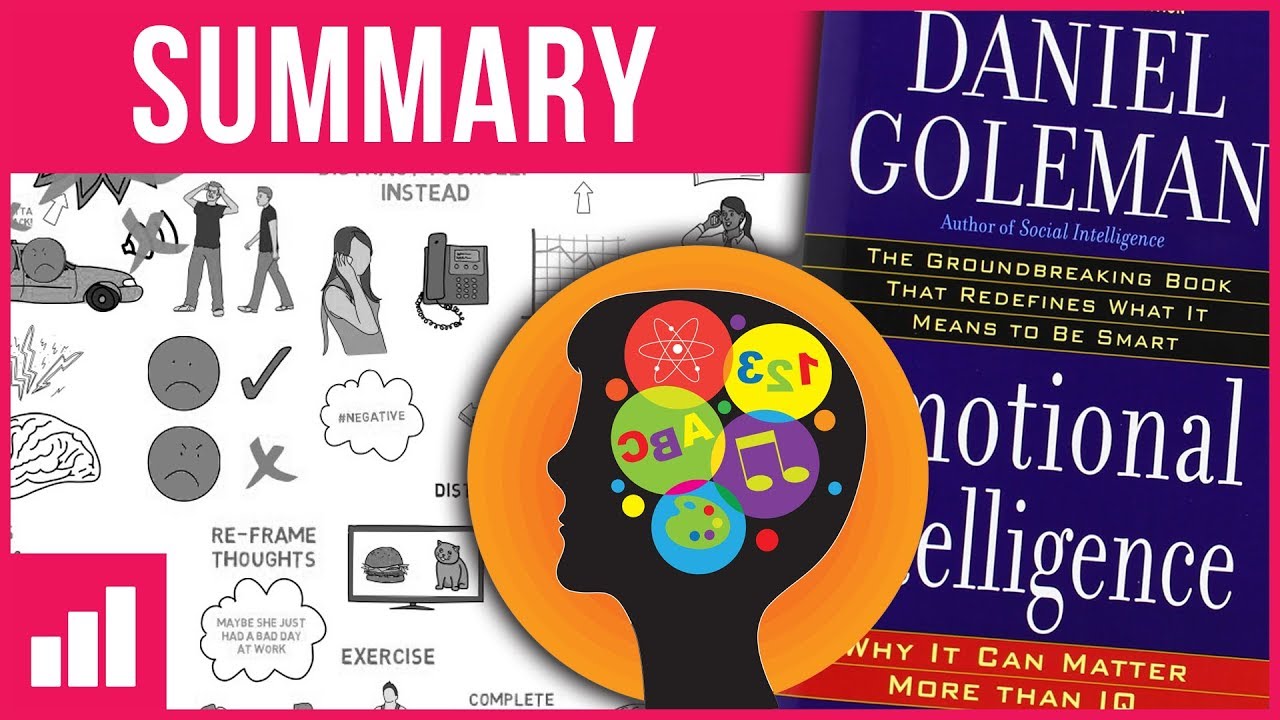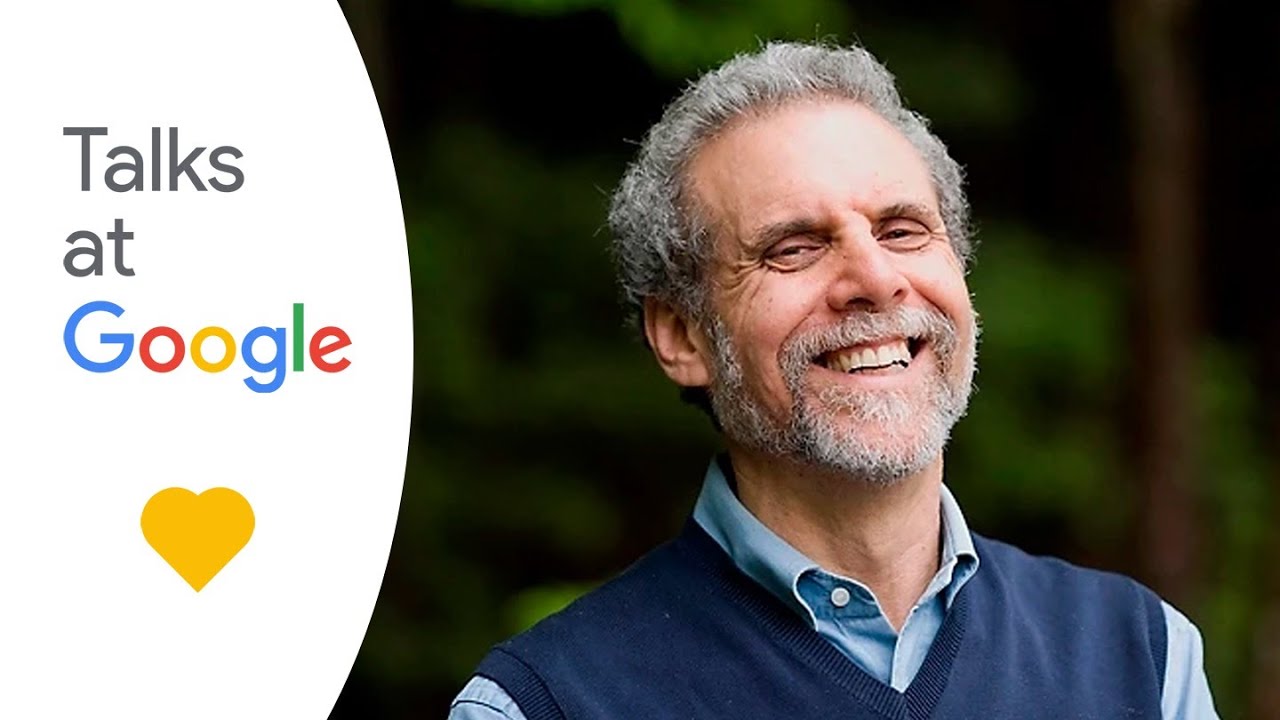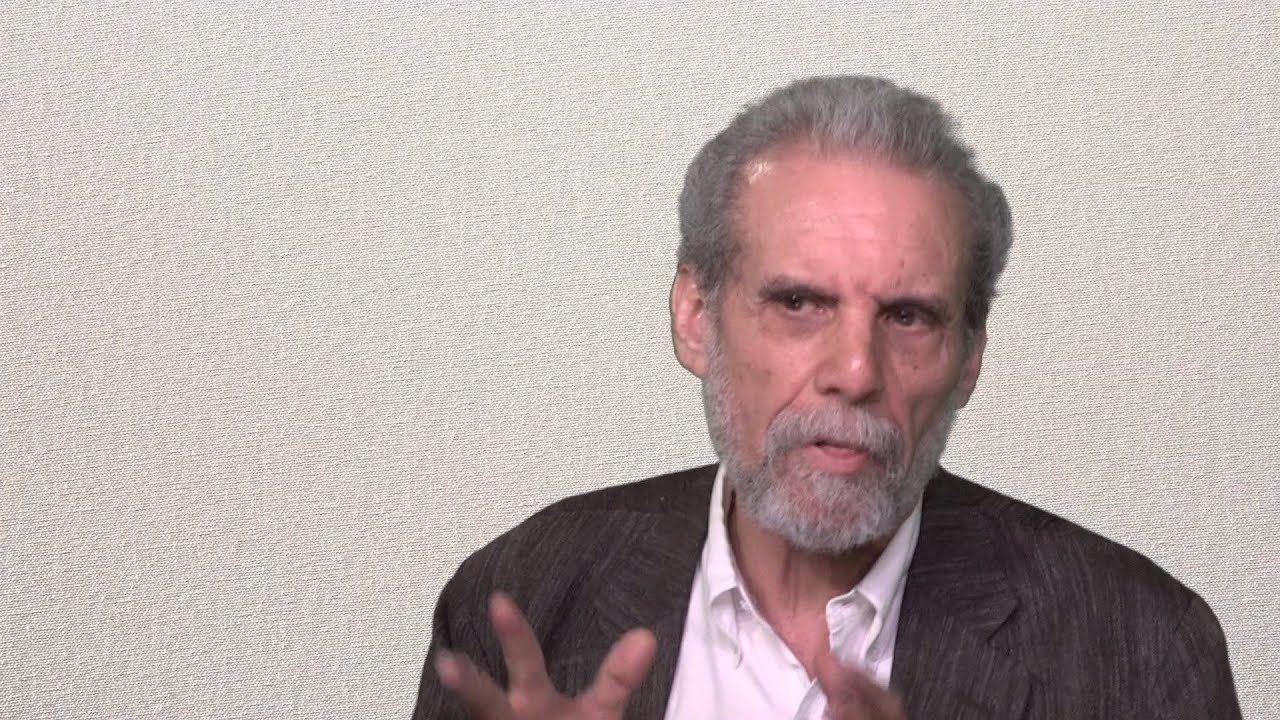3 Mindful Steps To Making Better Decisions
Do you feel your toxic thoughts influence you into making poor decisions?
Do you believe it’s time you improved your decision-making process?
This article is about discovering 3 mindful steps which you can use to make better decisions.
But first, what is mindfulness?
Mindfulness is the ability to pay attention to your thoughts and feelings without getting carried away by them.
![]()
Learn more: How Mindfulness Can Help You Become A Better Leader
![]()
Here are 3 mindful steps that you can take to help you make better decisions as described by Dr Russ Harris, therapist and coach:
- Defuse
- Accept
- Be in the moment
Russ Harris is the author of ACT Made Simple, a quick-start guide to Acceptance and Commitment Therapy (ACT).
With Acceptance and Commitment Therapy, “clients learn to stop avoiding, denying, and struggling with their inner emotions and, instead, accept that these deeper feelings are appropriate responses to certain situations that should not prevent them from moving forward in their lives.” (psychologytoday.com).
ACT is mindfulness-based therapy.
Let’s go through each step and see what it’s all about.
1. DEFUSE
The cognitive fusion you are not aware of
Before we defuse we need to understand what cognitive fusion is.
Dr Russ Harris says that cognitive fusion is a mental state in which we are inseparable from our thoughts, we are one with our thoughts.
What does it mean?
Think of the coin: it has two sides. You cannot separate one side of the coin from the other. They are equal: neither one of them overpowers the other.
Unfortunately, we are not coins, our emotions overpower our minds and influence our behaviour.
In a state of cognitive fusion, we’re inseparable from our thoughts: we’re welded to them, bonded to them, so caught up in them that we aren’t even aware that we are thinking….
Cognitive fusion basically means that our thoughts dominate our behaviour. Thus in ACT, we may talk with clients of being “pushed around by your thoughts” or “allowing thoughts to tell you what to do,” or we may talk of thoughts as bullies, or we may compare the mind to a fascist dictator, or we may ask, “What happens when you let that thought run your life?”
Similarly, when our thoughts dominate our attention, we often talk about being “hooked,” “entangled,” “caught up,” or “carried off” by them.
Russ Harris, an excerpt from ‘ACT made simple’
Mindfulness – From autopilot to being in the moment
Before you do anything – stop and take a deep breath. Don’t talk, don’t react in any way.
Your emotions are overwhelming so at first, you won’t be able to stop, you will get through the motions as always.
But at least now you have this little idea in the back of your head which tells you I need to stop.
You won’t be able to steer yourself into a different direction the second time, the third time, but at one point, provided you set yourself to achieve this goal, you will be victorious.
Because that’s exactly what this is – a victory.
A victory over your autopilot mode, your old habits, your empowering emotions. Stopping before anything else is the hardest, but it is a necessary step towards making better decisions.

Separate yourself from your thoughts
Now that you’ve stopped before going any further, take a step back and detach from your negative internal monologue.
See your unhelpful thoughts for what they are – only thoughts, not traits of personality (you are not a loser, you just made one mistake in a particular situation).
Separate from your thoughts, don’t allow yourself to get caught up in them or pushed around by them.
The solution is not to struggle to get rid of your toxic thoughts.
![]()
Learn more: These toxic thoughts are holding you back
![]()
The solution is to notice them, become aware of their nature and then let them go past you as if they were waves in the sea.
You learn how to step back and watch your thinking, so you can respond effectively – instead of getting tangled up or lost inside your thinking.
Russ Harris, an excerpt from ‘ACT made simple’
2. ACCEPT
Don’t struggle with pain, allow it to be.
We don’t want to suffer so we do whatever it is in our power to avoid pain.
It’s perfectly human. We learned to avoid fire because it burns; we learned to handle knives with care because they cut.
It’s the same with emotional suffering. We struggle to get rid of painful feelings and sensations. But emotional suffering doesn’t go away and doesn’t heal on its own.
So we need to embrace our painful feelings, open up and make room for them.
This step is about learning how to stop struggling with them, giving them space, but don’t allow ourselves to be overwhelmed by them.
[…] the more you can open up, and give them room to move, the easier it is for your feelings to come and go without draining you or holding you back.
Russ Harris, an excerpt from ‘ACT made simple’

3. BE IN THE MOMENT
Look at the world with open eyes
Remember when you were a child? You were living the moment, undisturbed by negative thoughts.
That’s what this step is about: having contact with the present moment.
Regain your attitude of curiosity and openness, be fully engaged with your here-and-now experience.
This way you will stop living through your thoughts and have direct unaltered contact with the world and the people around you.
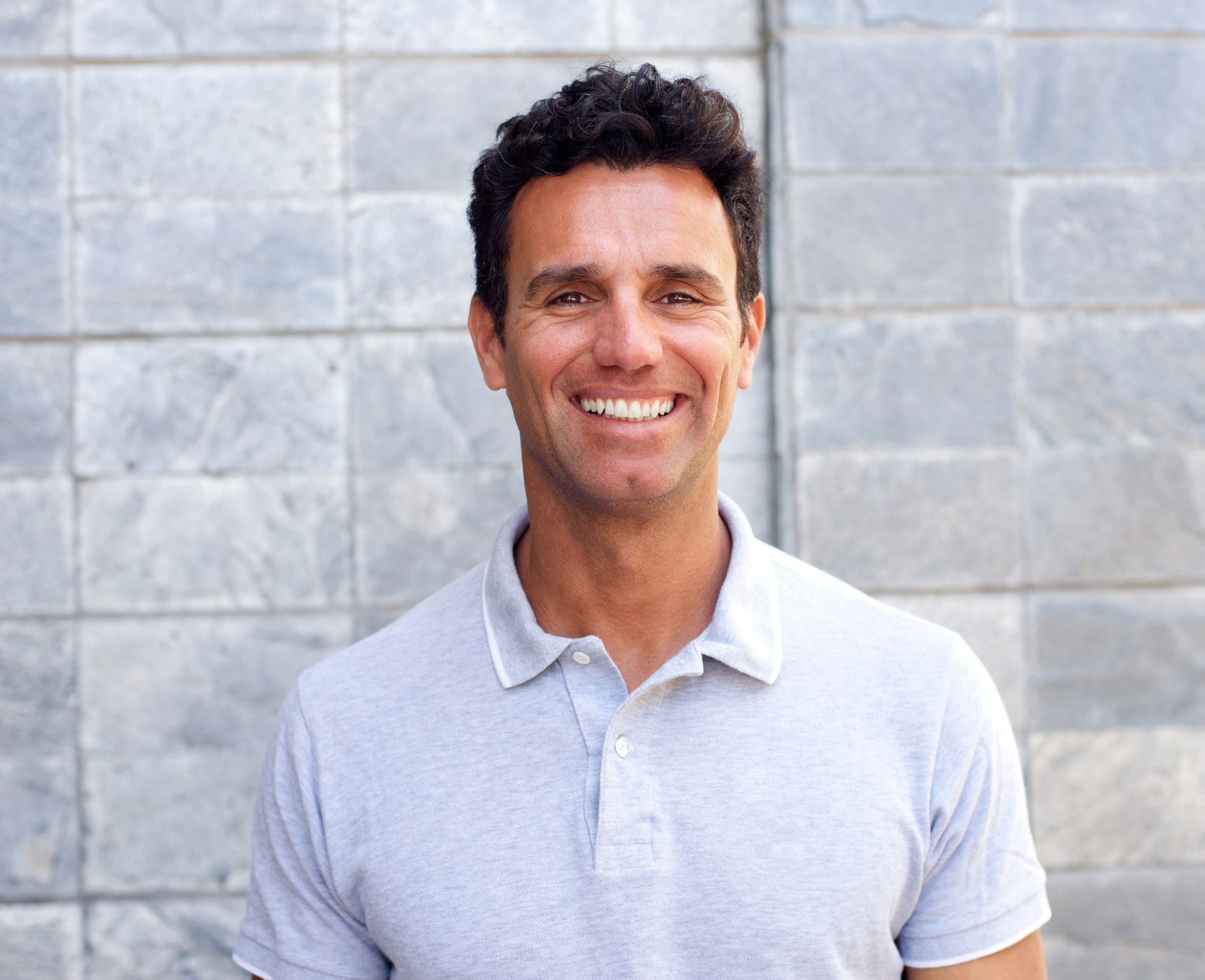
You will realize that your thoughts don’t paint a true image of reality.
Your reality is made of your values and your beliefs.
Join the Conversation
We’d love to hear what you have to say.
Get in touch with us on Facebook Group and Twitter.
How Mindfulness Can Help You Become a Better Leader
If you are looking to better yourself as a leader, mindfulness is vital. Read on to discover how mindfulness can support your journey to becoming a great leader.
What is mindfulness?
Mindfulness is a state of consciousness consisting of awareness and attention.
Dr Matthew Lippincott
Self-awareness is a skill that you can develop which has a positive impact on 90% of your results. It is the most critical skill for leaders to develop because it affects every aspect of leadership. And still, there are very few leaders who intentionally train and improve on their self-awareness on a daily basis.
In her 2018 self-awareness study, Dr Tasha Eurich found that only 10%-15% of the respondents are actually self-aware.
Why is it so hard for leaders (and anyone else for that matter) to be self-aware?
Because breaking old habits and developing new ones is very challenging.
Mindfulness is looking in the mirror and having an objective, third-person awareness of our own minds and bodies.
By definition, mindfulness training is self-awareness training, it is a systematic way of improving self-awareness.
The latest research in the field of neuroscience shows that mindfulness changes the function of the brain and its physical structure in ways that help us to be more self-aware.
We don’t need anything outside of ourselves to be happy.
Matt Tenney, Mindfulness speaker and author
Mindfulness is a trainable skill
Mindfulness is a trainable skill. You can train your mind to be happy regardless of what happens to you. It’s about giving up your own short-term self-interest so that you can help other people.
Leadership is about creating a safety zone for your employees to thrive and develop so your organization can thrive and develop.
But how can you create safety for your people if you are not able to bring safety to your mind?
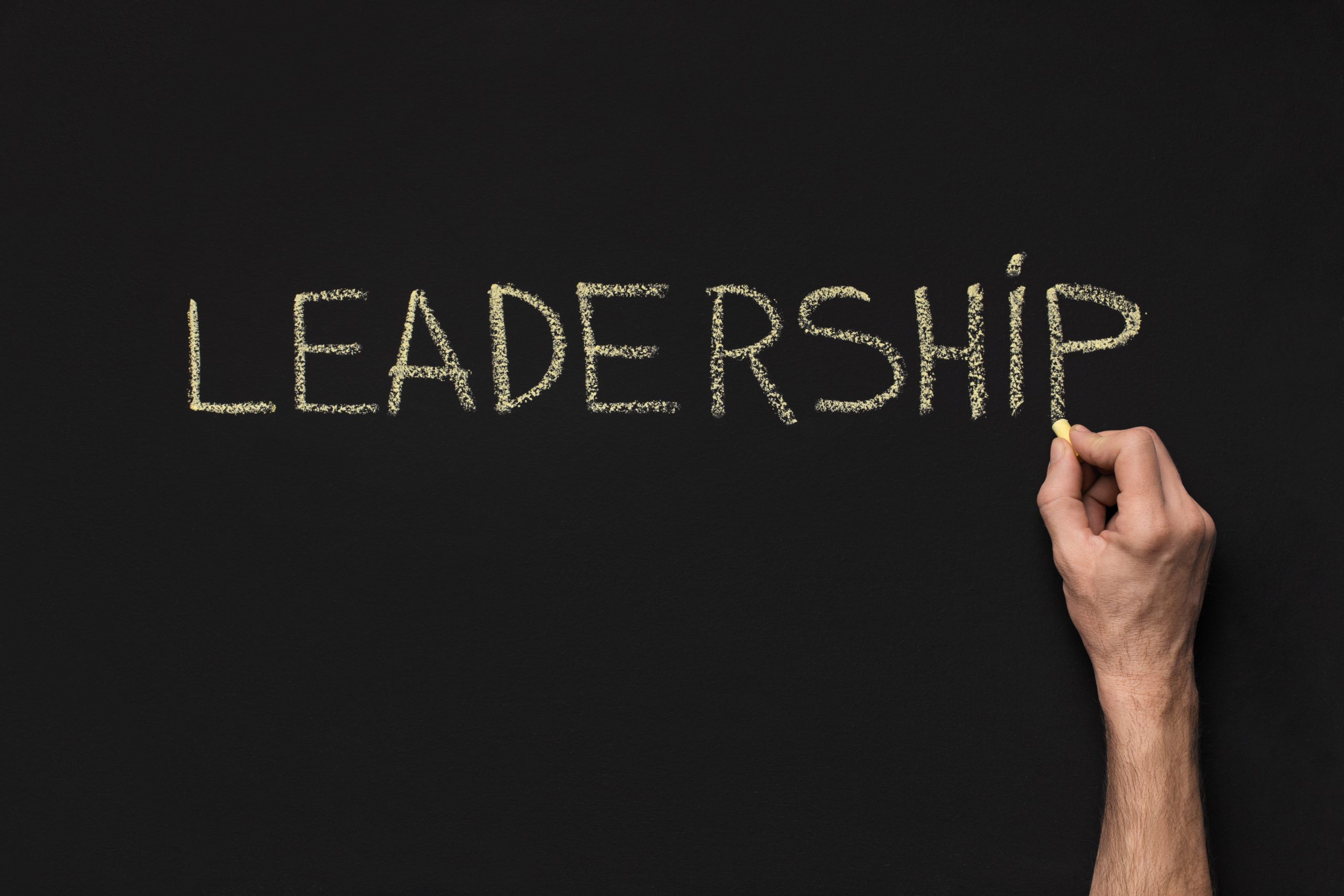
How mindfulness can help you become a better leader – 4 benefits
Here are four important benefits of developing high levels of mindfulness as leaders:
1. Improving your executive decisions
As a leader, you may be prompted to make important decisions every day, decisions which affect your employees’ lives, their productivity and results.
No leader intends to make poor decisions. As a matter of fact, experts found that leaders don’t make bad decisions because they lack knowledge. They make bad decisions because of cognitive bias.
Cognitive bias means a way of thinking which causes a rational person to make an irrational or bad decision.
Mindfulness allows you to become aware of your thoughts and take an objective approach: you can take your thoughts into account if they are productive or let go of them if they are negative or toxic. This helps you make better decisions.
2. Making the other person feel like a million bucks
Have you ever talked to a person who was not paying attention to you, looking around the room or staring at you with a blank look upon their face? Or worse, taking their smartphone and browsing on the internet.
It’s not only rude, but it’s also hurtful. It makes you feel like you don’t matter to that person and he/she doesn’t care about you.
Have you experienced the other way around? Have you ever talked to a leader who gave you their full attention, listened to you intently, asking clarifying questions?
It makes you feel like you matter and you are worthy. It’s uplifting and inspiring. You feel like you could follow that person to the end of the world and help him achieve his dream. It’s very powerful and it is what leadership should feel like.
Such a level of attention and commitment can only be achieved through mindfulness. It means being present at the moment in a non-judgemental way.
3. Empathy
Improving your empathy is important if you are a leader.
It means being open and hearing what your employees need to thrive and how you can help them get it. This way you are setting the required environment for your employees to be productive and bring in positive results. It’s what makes for good leadership.
4. Personal growth
Are you having toxic thoughts?
Is your mind constantly driving you towards your past?
Do you feel compelled to pursue perfection?
If your answer is Yes then you have just taken the first step on the path to mindfulness. Being aware of your thoughts, negative or positive means you have acquired objectivity, therefore, you are now in a position to address your thoughts and change your frame of mind.
It’s about taking control of your mind and not allowing your thoughts to distract you.
What comes next is personal growth and development.
Join the Conversation
We’d love to hear what you have to say.
Get in touch with us on Facebook Group and Twitter.
15 Things you might not know about Daniel Goleman
Daniel Goleman is one of the world’s renowned psychologists. He was a speaker at BRAND MINDS 2018.
BRAND MINDS is The Central and European Business Summit taking place in Bucharest, Romania.
Daniel Goleman is an internationally known psychologist who lectures frequently to professional groups, business audiences, and on college campuses. As a science journalist Goleman reported on the brain and behavioural sciences for The New York Times for many years.
Here you can find some pieces of information you might not know about Daniel Goleman:
1.His 1995 book, Emotional Intelligence was on The New York Times bestseller list for a year-and-a-half, with more than 5,000,000 copies in print worldwide in 40 languages, and has been a best seller in many countries. Apart from his books on emotional intelligence, Goleman has written books on topics including self-deception, creativity, transparency, meditation, social and emotional learning, eco-literacy and the ecological crisis.
2. The Harvard Business Review called emotional intelligence— which discounts IQ as the sole measure of one’s abilities — “a revolutionary, paradigm-shattering idea” and chose his article “What Makes a Leader” as one of ten “must-read” articles from its pages.
3. “Emotional Intelligence” was named one of the 25 “Most Influential Business Management Books” by TIME Magazine. The Financial Times, Wall Street Journal and Accenture Insititute for Strategic Change have listed Goleman among the most influential business thinkers.
4. Goleman is a co-founder of the Collaborative for Academic, Social, and Emotional Learning (www.casel.org), originally at the Yale Child Studies Center and now at the University of Illinois at Chicago. CASEL’s mission centres on bringing evidence-based programs in emotional literacy to schools worldwide.
5. He currently co-directs the Consortium for Research on Emotional Intelligence in Organizations (www.eiconsortium.org) at Rutgers University. The consortium fosters research partnerships between academic scholars and practitioners on the role emotional intelligence plays in excellence.
6. Goleman is a board member of the Mind & Life Institute, which fosters dialogues and research collaborations among contemplative practitioners and scientists. Goleman has organized a series of intensive conversations between the Dalai Lama and scientists, which resulted in the books Healthy Emotions, and Destructive Emotions. He is currently editing a book from the most recent dialogue on ecology, interdependence, and ethics.
7. His most recent book, Leadership: The Power of Emotional Intelligence, offers an up-to-date summary of his thinking on leadership by collecting key excerpts from his books together for the first time in one volume with his articles from the Harvard Business Review. These include “What Makes a Leader? and “Leadership that Gets Results.”
8. Goleman’s other recent book, The Brain and Emotional Intelligence: New Insights gathers together recent findings from brain research and other sources on topics ranging from creativity and optimal performance, the brain-to-brain connection in leadership, and to how to enhance emotional intelligence itself.
9. His work as a science journalist has been recognized with many awards, including the Washburn Award for science journalism, a Lifetime Career Award from the American Psychological Association, and he was made a Fellow of the American Association for the Advancement of Science in recognition of his communicating science to the general public.
10. Recruited by the New York Times to cover psychology and related fields, in 1984 he began a twelve-year sojourn. He learned much about science journalism from his editors and colleagues, a talented crew on the science desk, and the Times offered remarkable access and visibility. But he found that his urge to write about ideas with impact sent him in directions that did not always fit what the Times saw as news.
11. His wife Tara and him tried to spend a good deal of their free time in meditation retreats or travelling together to places they enjoy that nourish this side of their lives. “Life’s simple pleasures—a walk on a beach, playing with grandchildren, a good conversation with a friend—have more appeal to me than professional honours or ambitions,” said Goleman.
12. According to him, vitality arises from sheer human contact, especially from loving connections. This makes the people we care about most an elixir of sorts, an ever-renewing source of energy. “The neural exchange between a grandparent and a toddler, between lovers or a satisfied couple, or among good friends, has palpable virtues…the practical lesson for us all comes down to, Nourish your social connections,” he added.
13. He is twice a Pulitzer Prize nominee. Moreover, The Wall Street Journal ranked him one of the 10 most influential business thinkers and he was named on the 2011 and 2013 Thinkers50‘s editions and a top business guru by Accenture Institute for Strategic Change. His article “ What Makes a Leader?” remains the most requested reprint in the history of Harvard Business Review.
14. Goleman’s newest book, Altered Traits: Science Reveals How Meditation Changes Your Mind, Brain and Body, is co-written with Richard Davidson and will be released September 5, 2017. Through cutting edge research, Goleman and Davidson explore how meditation and mindfulness can achieve real, positive, and lasting mental and behavioural change.
15. In addition to his numerous professional and academic achievements, Goleman stresses how important his private and personal life is to him on his personal website. “While a bio like this focuses on one’s public life, I find that over the years my private life has grown increasingly important to me, particularly as the years allow me to spend less time running around and more time just being. I find more and more that what satisfies me has little to do with how well one or another book does— although the good works I participate in continue to matter much,” he confesses.
Are you a #worldchanger?
Come to BRAND MINDS 2020!
Here are our first confirmed speakers; we will be announcing more speakers in the coming months so stay tuned!
Malcolm Gladwell, Martin Lindstrom and Michio Kaku




